When to Stop Using a Baby Monitor: A Guide for Parents
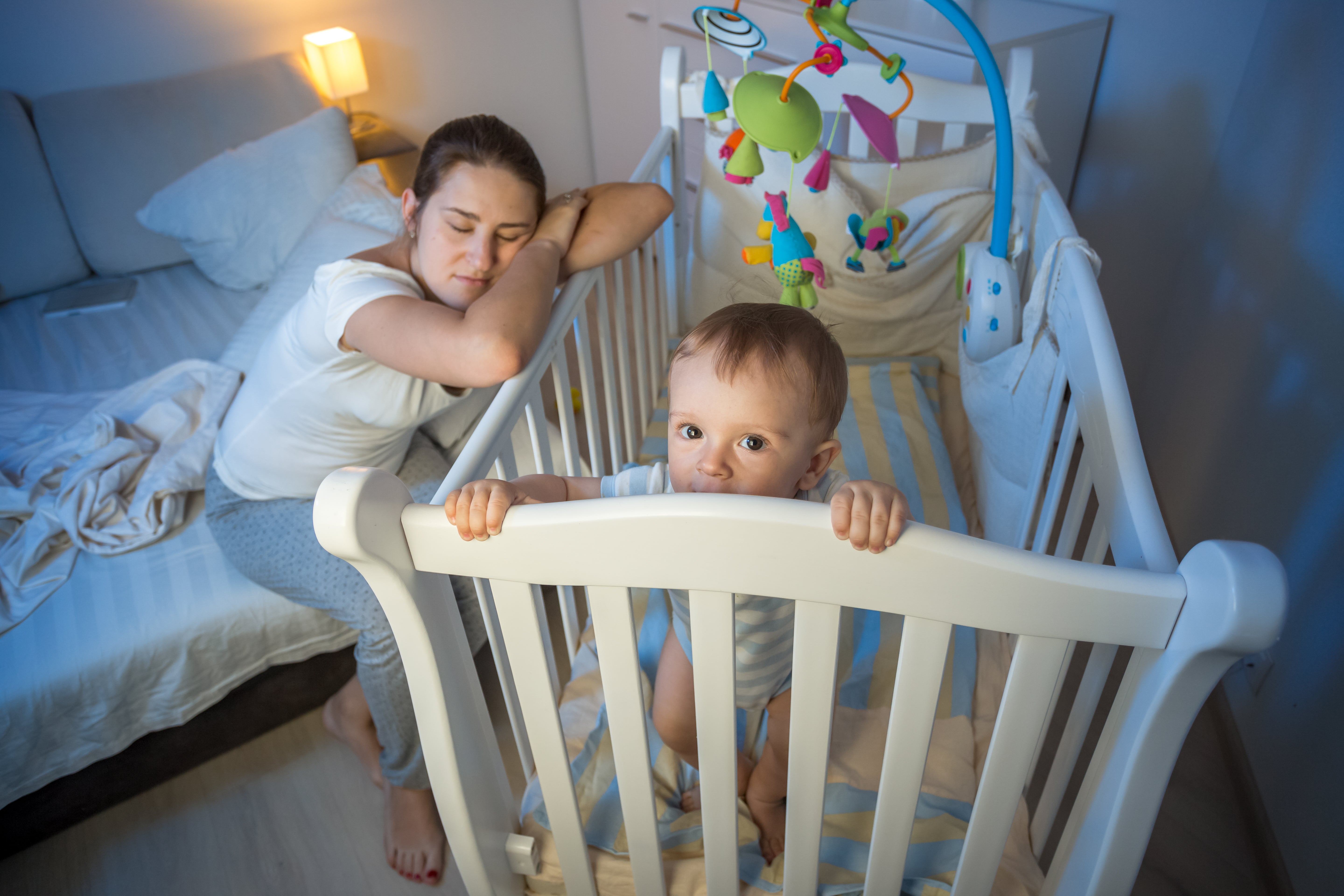
Developmental Milestones to Consider
1. Sleeping Through the Night
2. Increased Independence
3. Transition to a Toddler Bed
Factors to Consider
1. Safety Concerns
2. Parental Anxiety
3. Child’s Awareness
4. Sleep Quality
Signs It’s Time to Stop Using a Baby Monitor
1. Consistent Sleep Patterns
2. Effective Communication
3. Child’s Comfort
4. Reduced Parental Anxiety
Conclusion
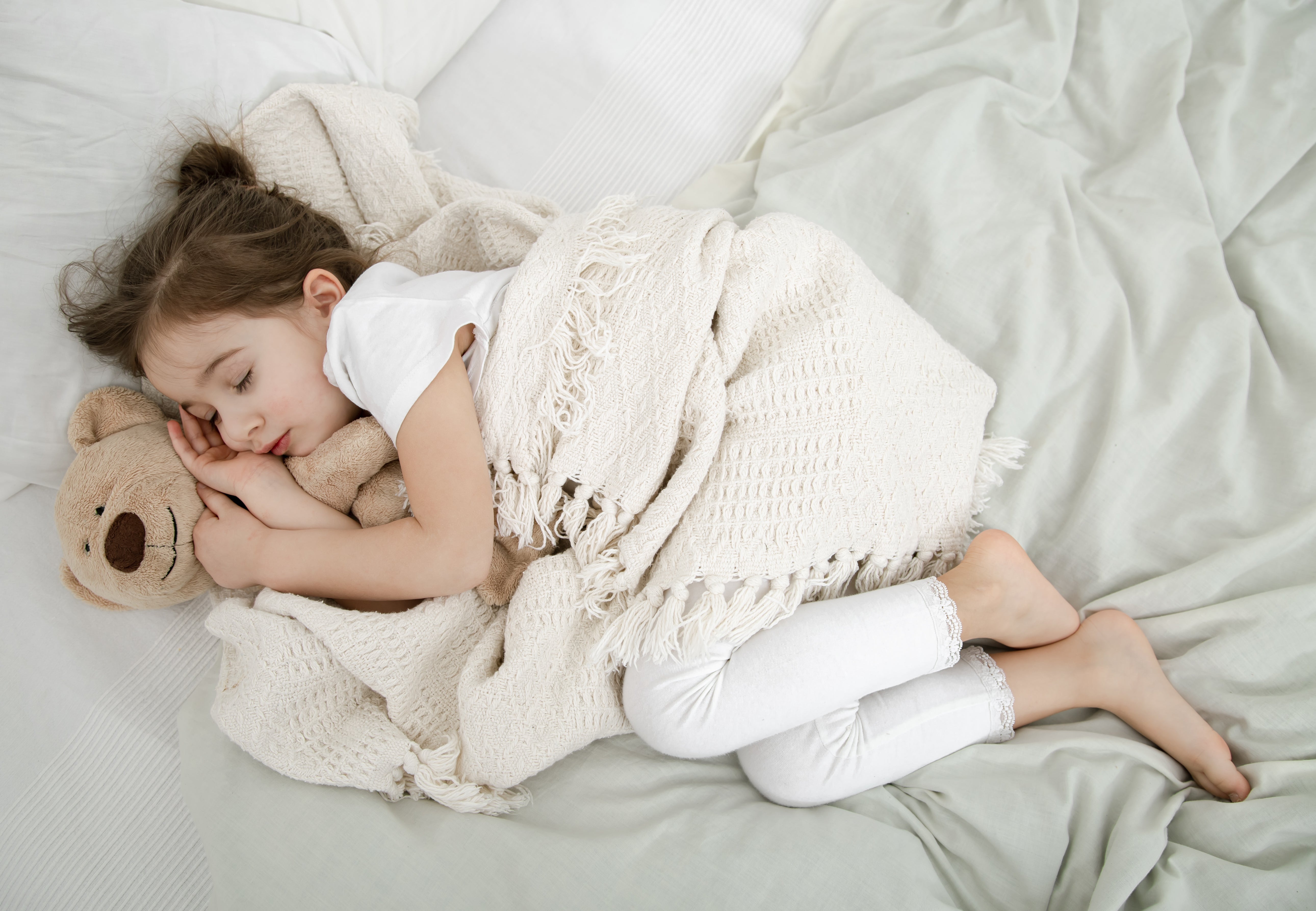
Trending Articles
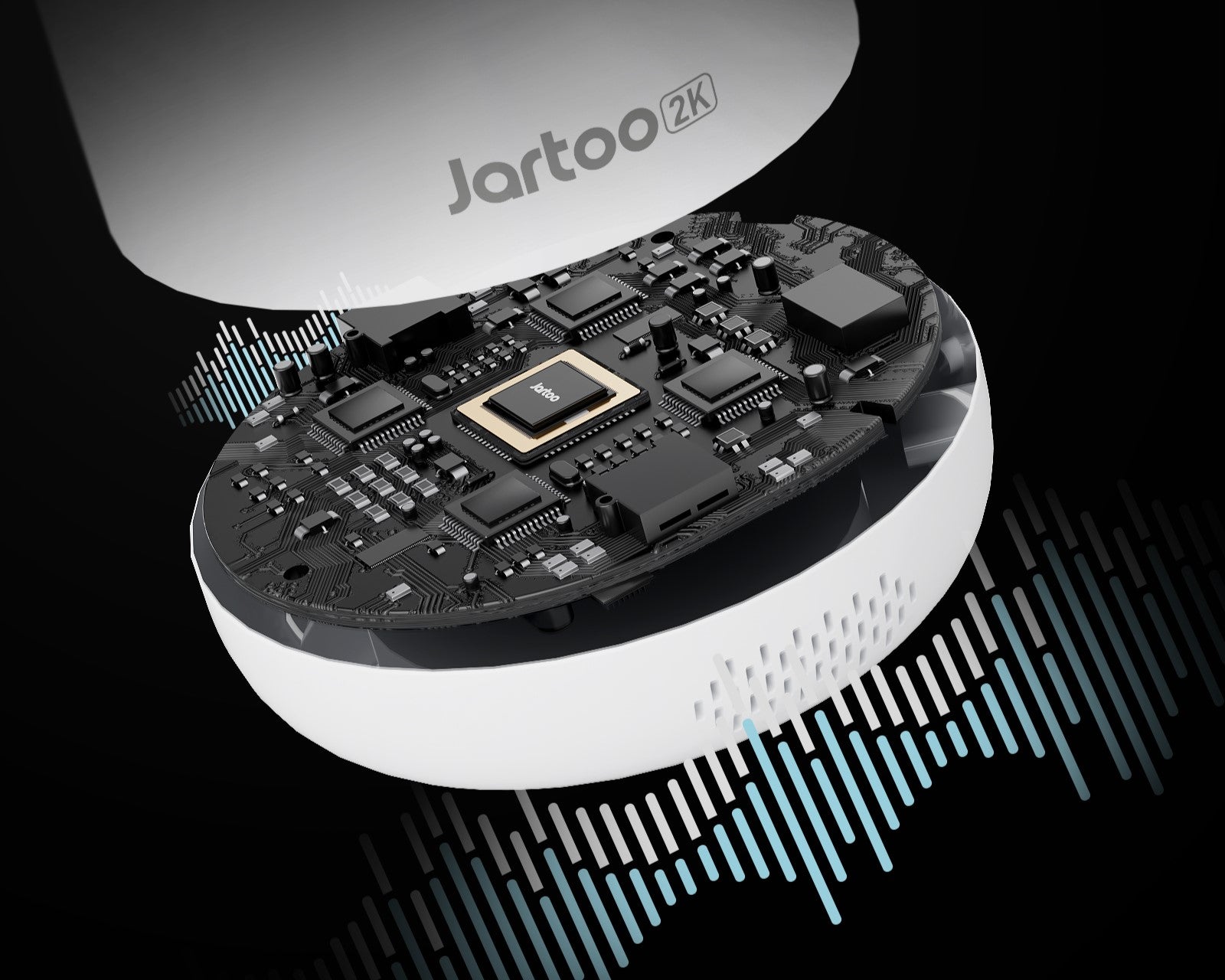
Title

Title

Title

Title

Title

Title

Title
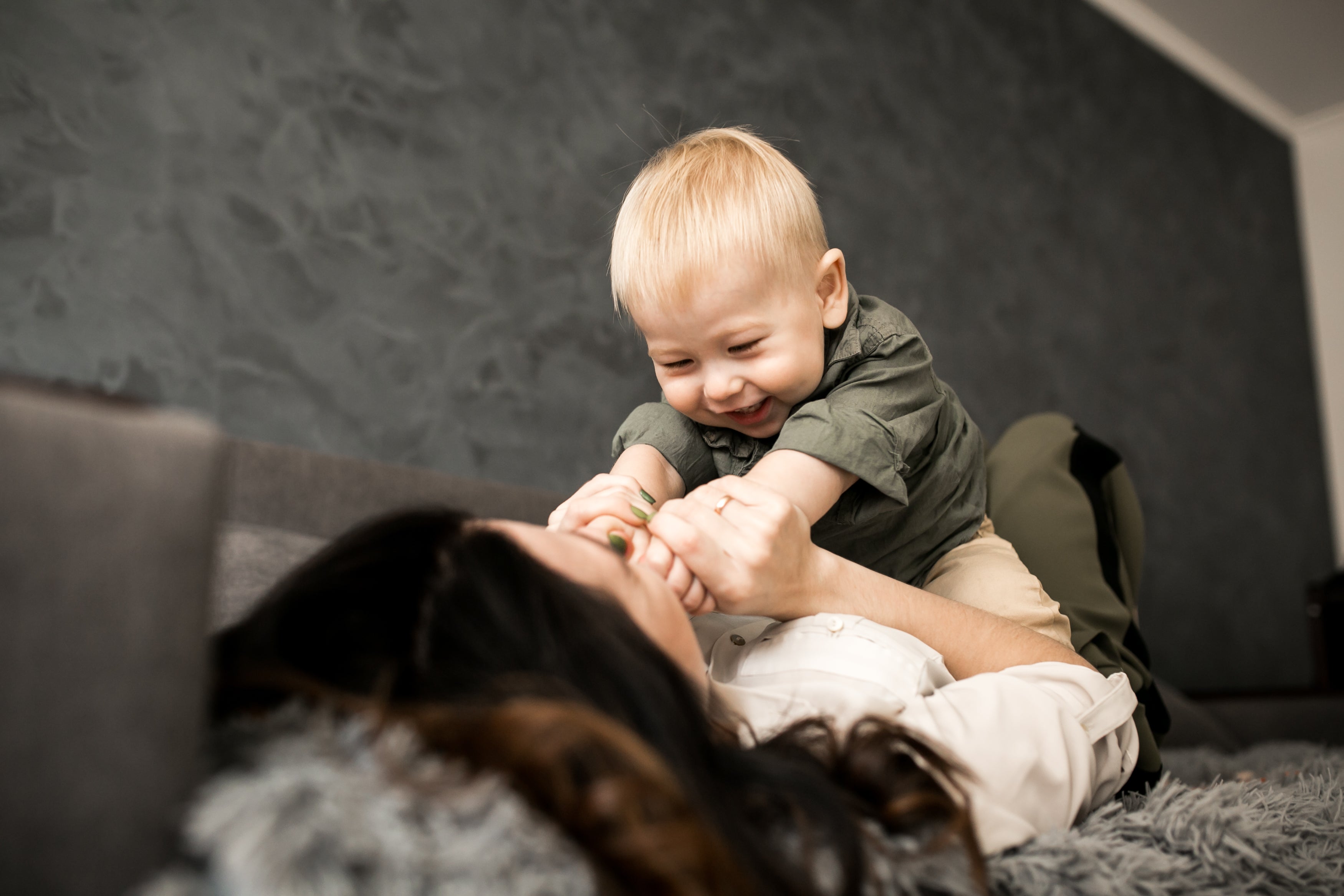
Title
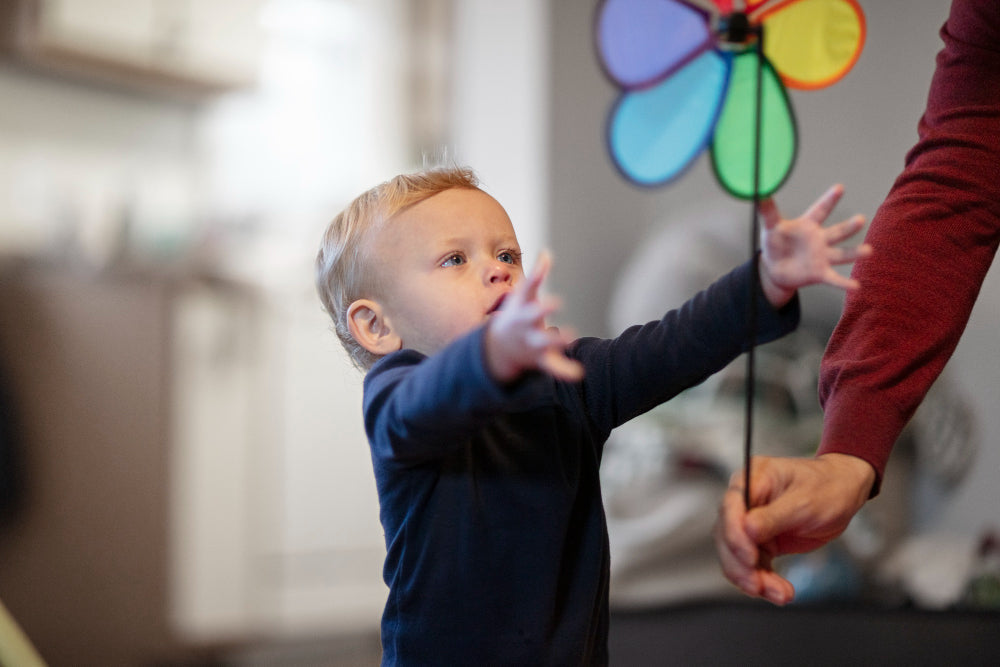
Title
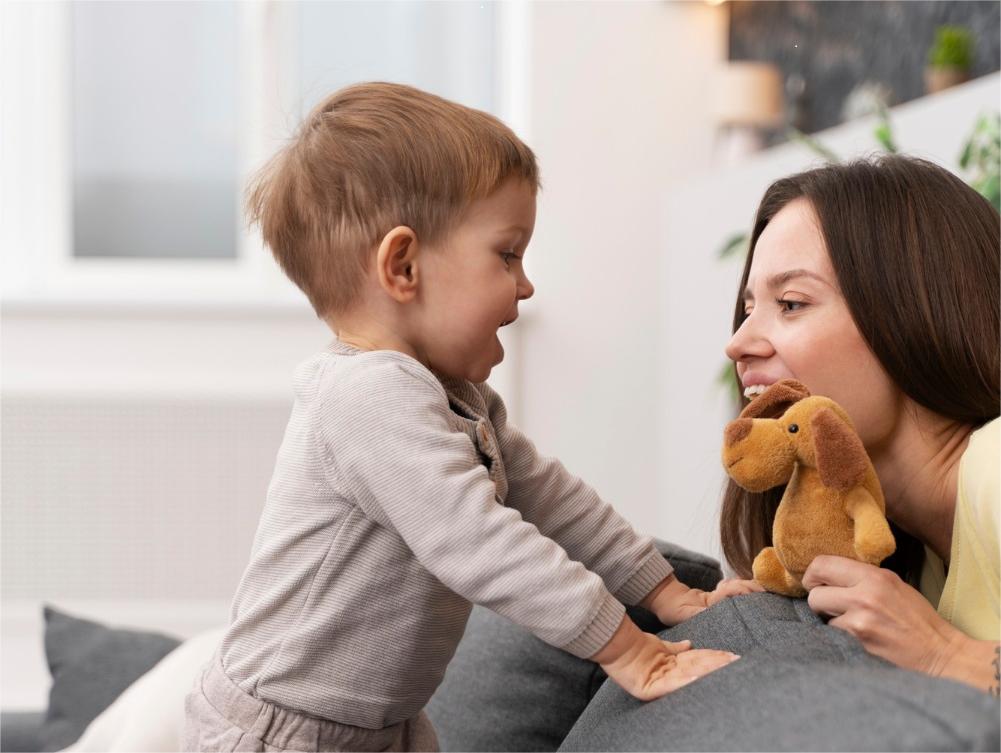
Title
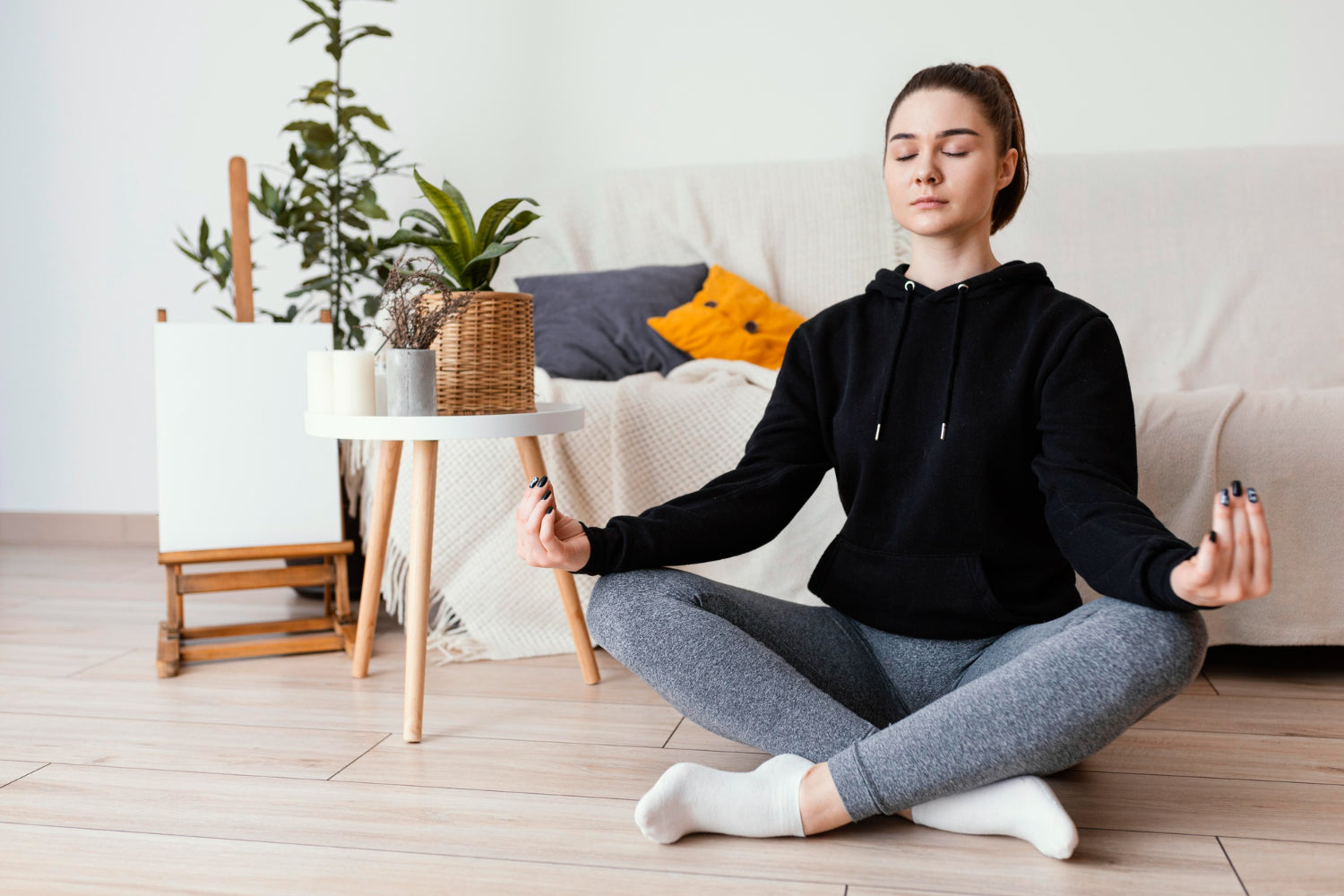
Title

Title